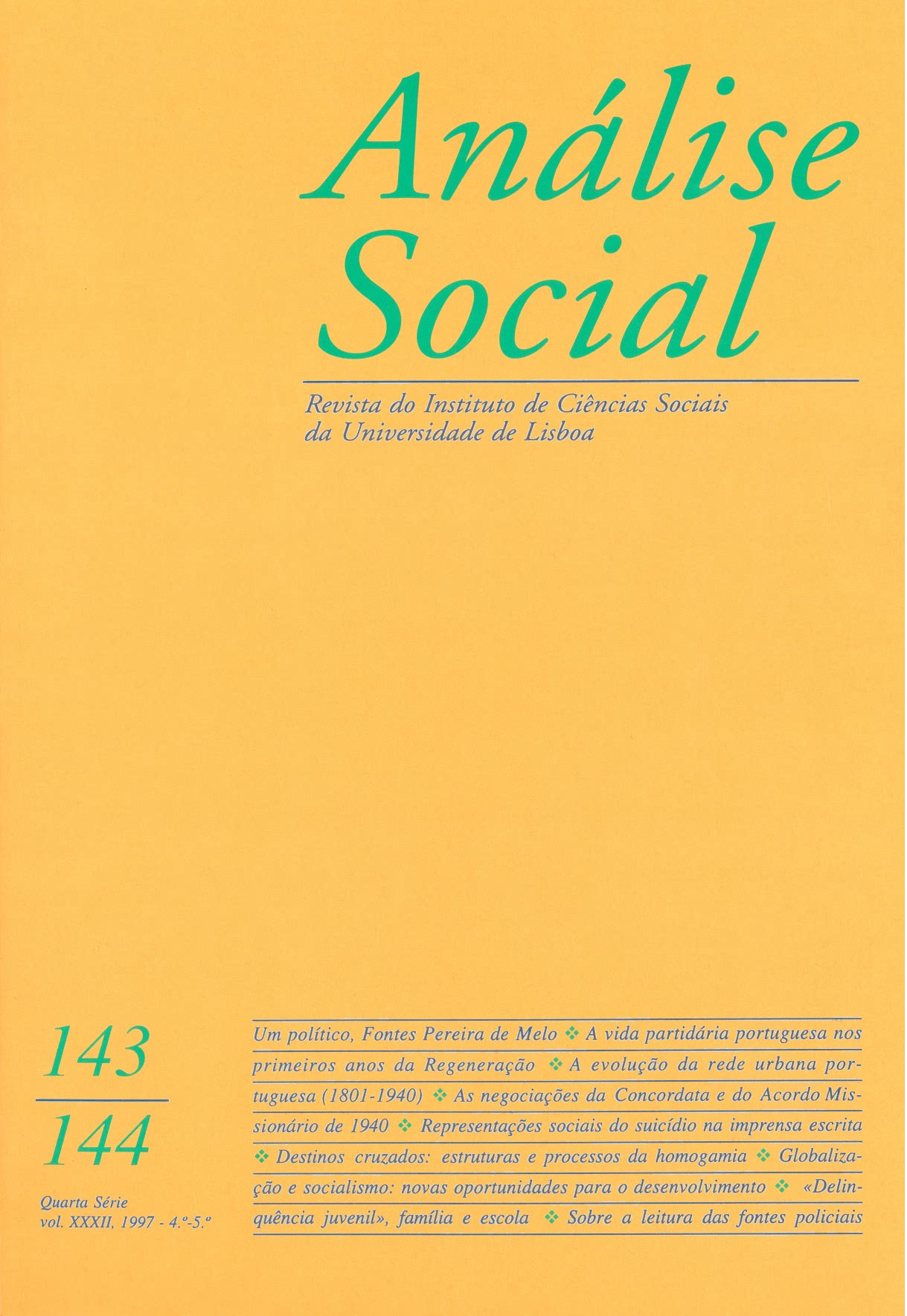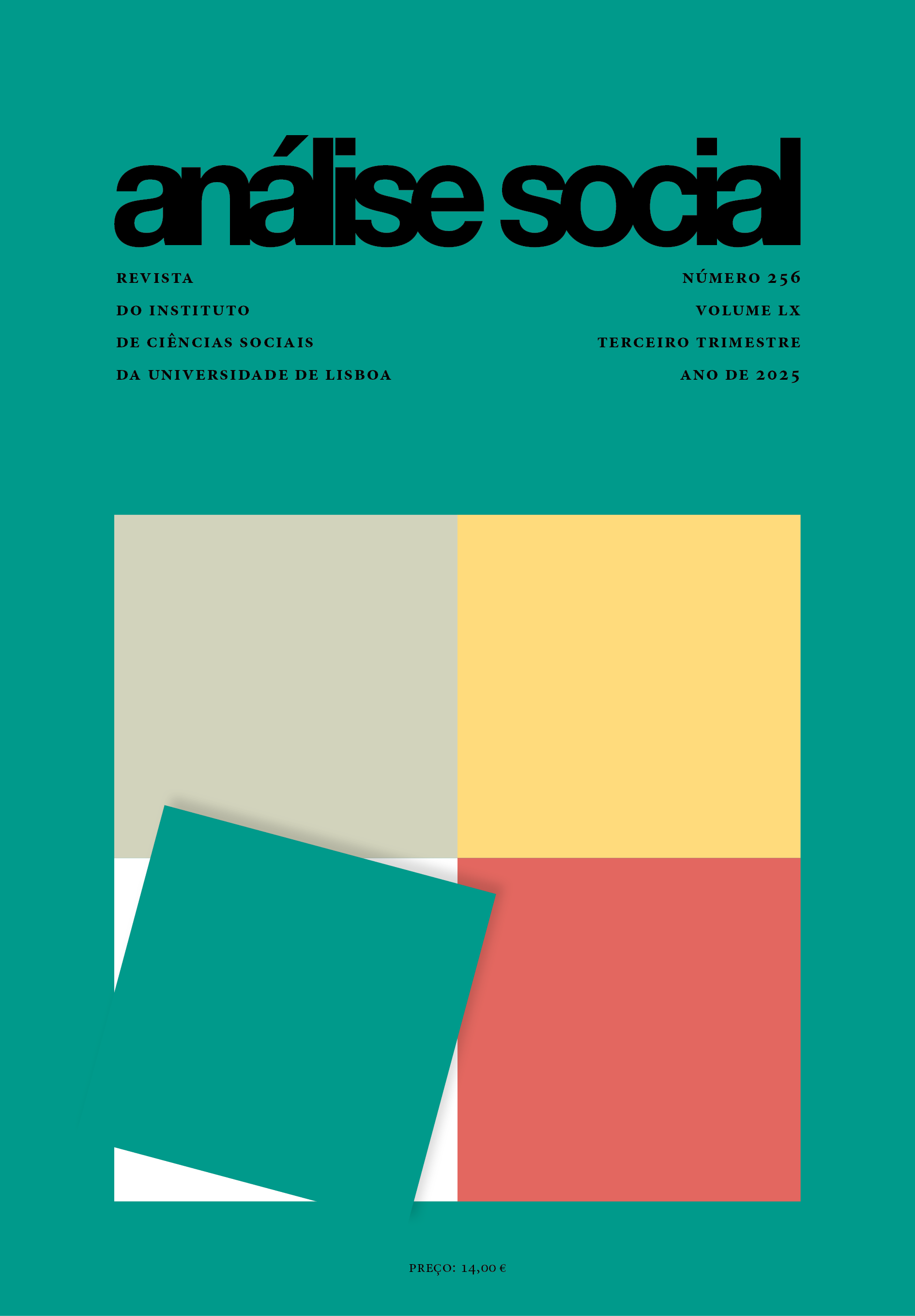«Juvenile delinquency», the family and school
DOI:
https://doi.org/10.31447/AS00032573.1997143.08Keywords:
juvenile delinquency, role of family and school, socialised deliquent, subsocialised delinquentAbstract
What role do the family and the school play in the generation of juvenile delinquency? Proceeding from this initial question, the article begins by investigating the social and historic conditions that are at the origins of the social phenomenon of juvenile delinquency, revealing that delinquency not only refers to the offensive acts perpetrated by adolescents and youths but also involves the legal and institutional forms of dealing with it. In the second part the role that the family and the school play in producing delinquency is examined on the basis of the presentation of two «substantive» theories. These two theories may be described with help of two images: that of the socialised delinquent and that of the subsocialised delinquent. The former derives principally from the theories that underline the importance of social control. The fundamental cause of delinquency is to be found in the relative lack of strong bonds between the individual and the social order. The second image - that of the subsocialised delinquent - portrays delinquency as the result of a process of learning socially deviant behaviour through exposure to the actions of others.



